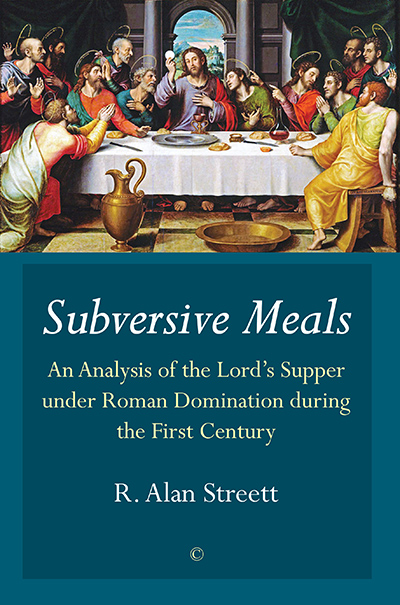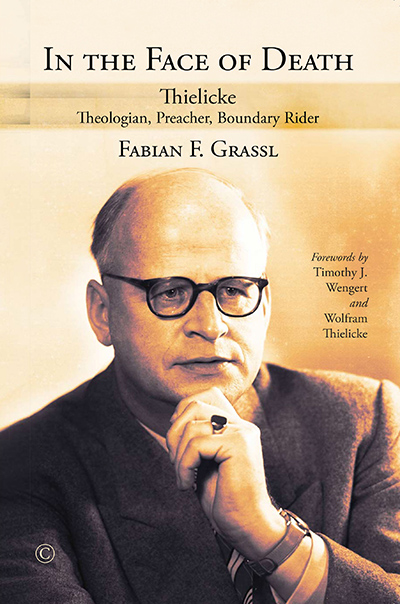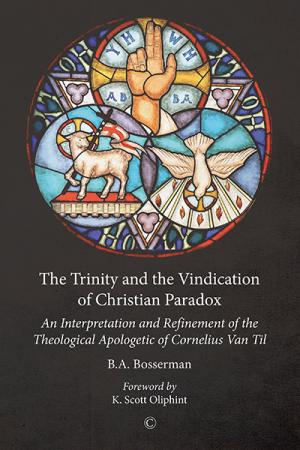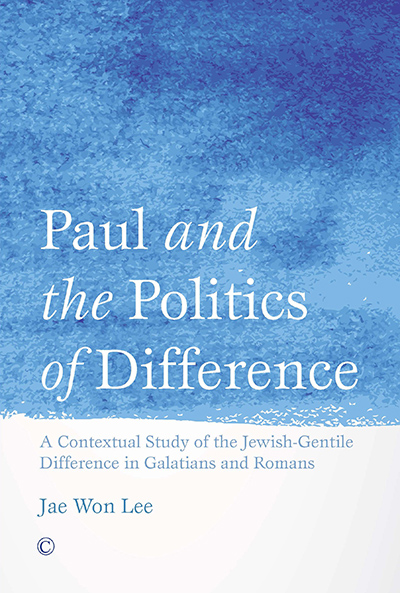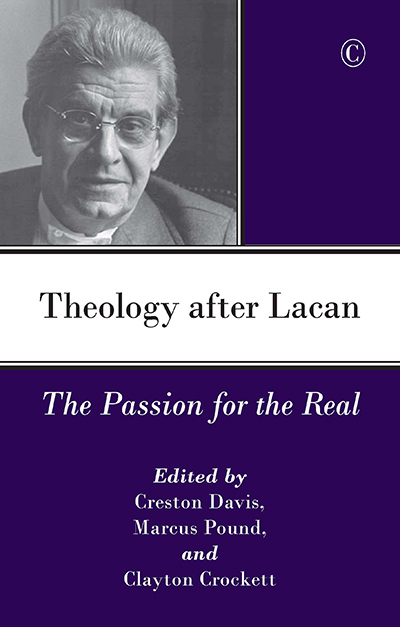Description
In Subversive Meals, Alan Streett follows on from James C. Scott’s idea of a “hidden transcript” to argue that the Lord’s Supper was a subversive, non-violent act against the Roman Empire. Primarily through exegesis of the writings of Luke and Paul, Streett examines the political nature of the meal in the context of first-century Roman domination. In his widely researched argument, Streett illuminates for the reader why understanding the Lord’s Supper as a purely symbolic act overlooks the political significance it would have had in the first century CE. Subversive Meals analyses how the structure of the Lord’s Supper followed that of a Roman banquet by having a deipon and a symposium, the latter being the time when anti-resistance discussions would take place. Streett examines several aspects of the history, context and theological significance of the Lord’s Supper. He discusses such topics as the identification of Passover as an anti-imperial meal against the Pharaoh’s rule, the Roman domination system, the meal practices of Jesus, the eschatological meaning of the Last Supper, the practice of this anti-imperial work ethic in the early church, and the gift of prophecy as a symposium activity. By seeing the Lord’s Supper as a political act, readers will be able to study Scriptural passages more closely and precisely.
About the Author
R. Alan Streett (PhD, University of Wales) is Senior Research Professor of Biblical Exegesis and the W.A. Criswell Endowed Chair of Expository Preaching at Criswell College, Texas.
Contents
Acknowledgments
1. Introduction
2. The Roman Banquet as a Model for the Lord’s Supper
3. The Passover as an Anti-Imperial Activity
4. The Jesus Movement in Its First-Century CE Context
5. Jesus’ Lukan Meals as a Venue to Proclaim His Anti-Imperial Gospel of the Kingdom
6. The Last Supper as an Anti-Imperial Banquet
7. The Anti-Imperial Nature of Christian Meals
8. Prophecy as an Anti-Imperial Meal Activity
9. Conclusion
Bibliography
Scripture Index
Endorsements and Reviews
Worship is politics. Alan Streett sets the Lord’s Supper in the context of Passover and Jesus’s mealtime teaching to argue astutely that it was an anti-imperial praxis. It contested Roman rule, ideology, and stratified social practice with theological and Christological counter-assertions and egalitarian social practices. Streett’s insightful argument makes a significant contribution to recasting understandings of the Lord’s Supper.
Warren Carter, Professor of New Testament, Brite Divinity School
The concept behind this book is brilliant, and Streett has given it a thorough and judicious study. This book will serve as a benchmark for future scholarly debates about early Christian meals and anti-imperial rhetoric.
Dennis E. Smith, Professor of New Testament, Phillips Theological Seminary
The book has many good qualities and I recommend it. The bibliography is extensive, including opposing or different views, and the text is well organized with frequent summaries that keep focus on the theme.
Michael L. Cook, in Theological Studies, Vol 79
A very welcome and long overdue wake-up call for Trump-worshipping conservative evangelicals of the Bible belt who sacralise patriarchy, racism and the widening disparity between rich and poor.
Nicholas Taylor, in Modern Believing, Vol 60, No 4, October 2019

